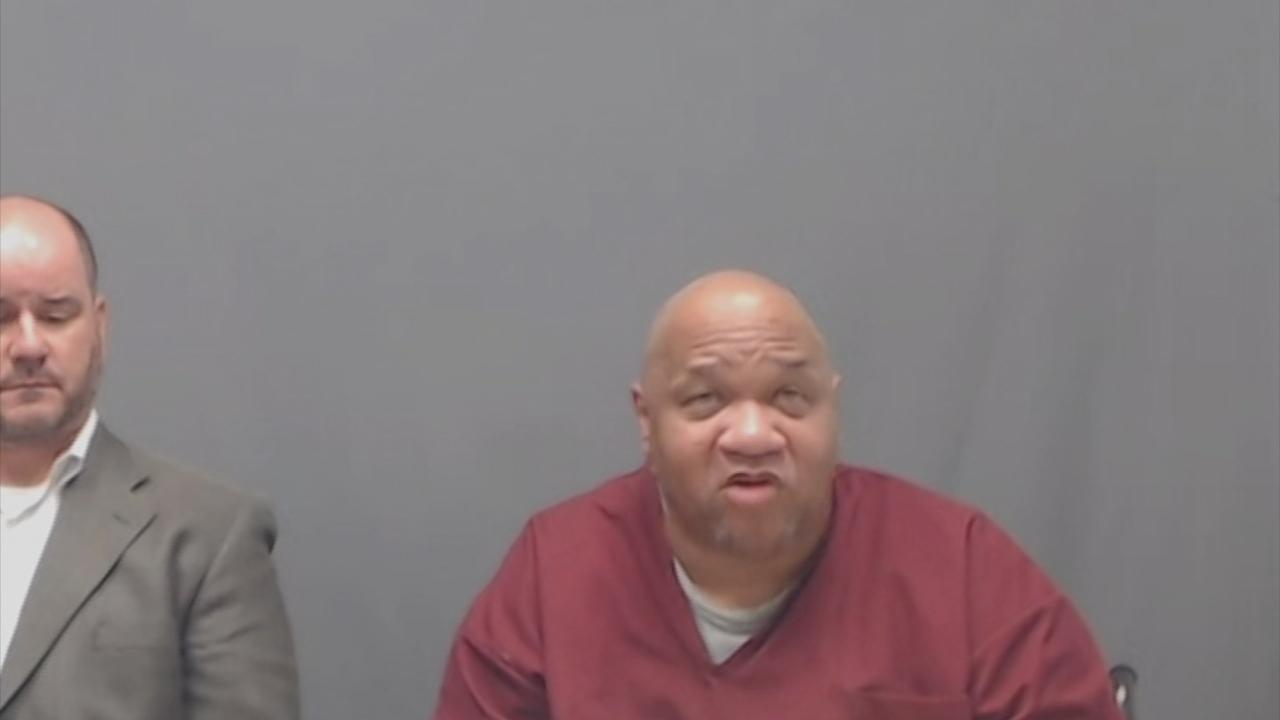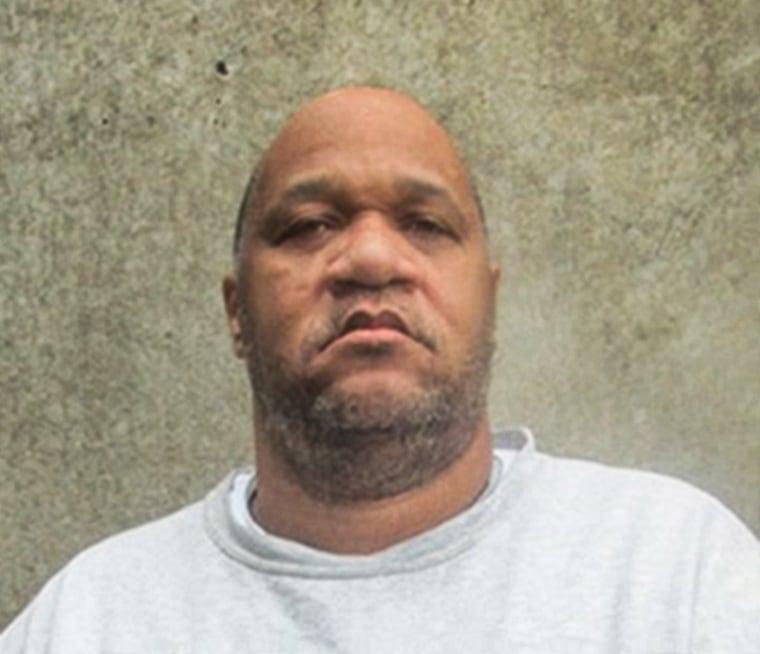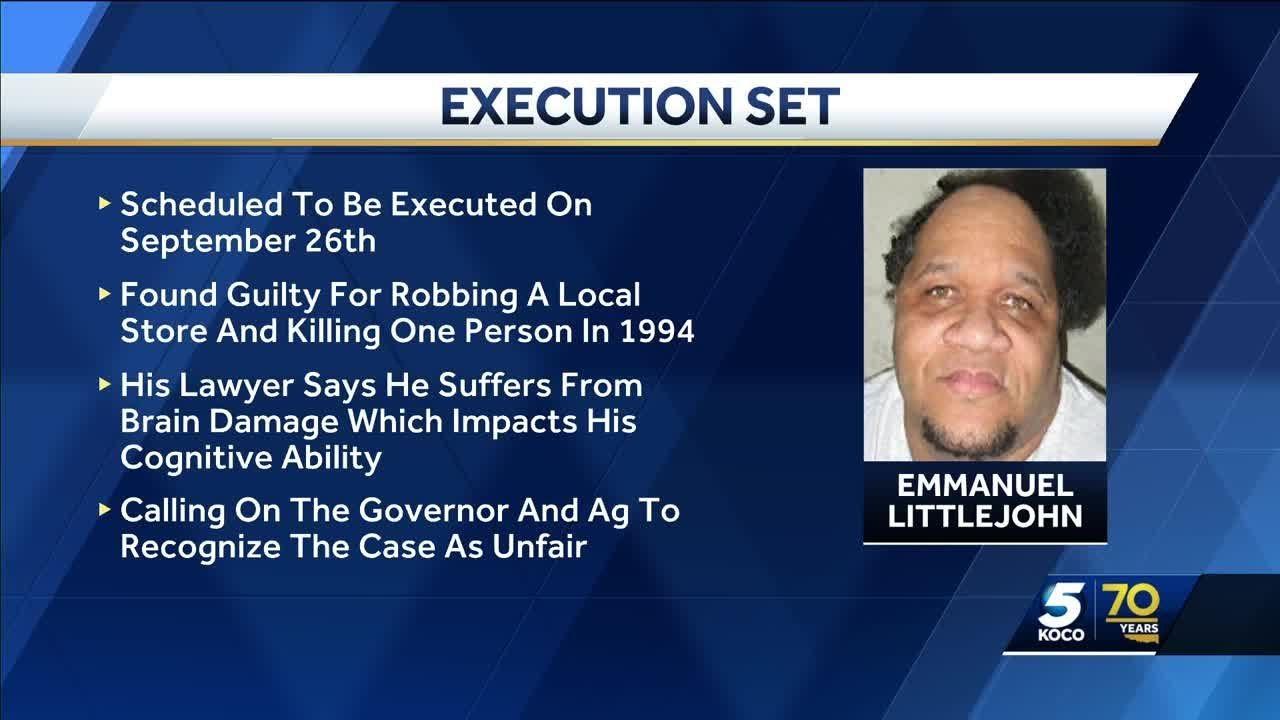Emmanuel Littlejohn, a death row inmate who was once recommended for clemency, now finds himself facing the ultimate punishment – execution. His case has sparked renewed debate over the justice system and the use of capital punishment in America. In this article, we delve into the complexities of Littlejohn’s case and examine the difficult decisions that lie ahead for him and those involved in his case.
Table of Contents
- Emmanuel Littlejohns Journey to Clemency
- The Weight of Facing Execution After Clemency Recommendation
- Implications of Littlejohns Case for Criminal Justice Reform
- Calls to Action: Advocacy for Commutation for Emmanuel Littlejohn
- Q&A
- Concluding Remarks

Emmanuel Littlejohns Journey to Clemency
Emmanuel Littlejohn’s journey to clemency took a sudden turn as he now faces the grim reality of execution. Despite being recommended for clemency, Littlejohn finds himself in a race against time to prove his innocence and avoid the ultimate punishment.
For Littlejohn, the uncertainty of his fate has become “the hardest thing” as he grapples with the impending deadline. With public opinion divided and legal battles looming, the road to clemency for him has become a rollercoaster of emotions and legal hurdles. Will he be able to overturn his conviction and secure a second chance at life, or will he be another tragic statistic in the criminal justice system?

The Weight of Facing Execution After Clemency Recommendation
Emmanuel Littlejohn, who had been recommended for clemency after spending over two decades on death row, now faces the weight of imminent execution. The journey from hope of freedom to facing the ultimate punishment has been described by Littlejohn as ‘the hardest thing’ he has ever had to endure.
With the clemency recommendation failing to save him from the death penalty, Littlejohn finds himself in a state of uncertainty and fear. The rollercoaster of emotions he has experienced serves as a stark reminder of the complexities and challenges faced by individuals caught in the criminal justice system. Despite efforts to seek mercy, the reality of his impending fate looms large, leaving Littlejohn and his loved ones grappling with the anguish and despair of facing the ultimate consequence.

Implications of Littlejohns Case for Criminal Justice Reform
In the case of Emmanuel Littlejohn, his recommended clemency has now taken a dire turn as he faces the looming threat of execution. This unexpected twist highlights the complexities and challenges within the criminal justice system, calling for a critical examination of the implications it has on potential reforms. Littlejohn’s situation serves as a stark reminder of the harsh realities and limitations faced by individuals within the legal system.
As the debate on criminal justice reform continues, the Littlejohn case raises important questions and considerations for policymakers and advocates. It sheds light on the need for a more humane and fair approach to sentencing and punishment, emphasizing the importance of addressing systemic issues that may lead to injustices like those faced by Littlejohn. This case underscores the urgency of implementing reforms that prioritize rehabilitation, equity, and second chances for individuals caught in the web of the criminal justice system.

Calls to Action: Advocacy for Commutation for Emmanuel Littlejohn
Emmanuel Littlejohn, a man recommended for clemency by the Mississippi Parole Board, is now facing the imminent threat of execution. Despite his positive prison record and rehabilitation efforts, Littlejohn is scheduled to be put to death for a crime he committed over 20 years ago. His case has garnered national attention, with advocates calling for his sentence to be commuted to life in prison without the possibility of parole.
The fight for commutation for Emmanuel Littlejohn has intensified in recent weeks, with supporters launching a social media campaign and organizing rallies outside the governor’s office. Proponents of clemency argue that Littlejohn has shown genuine remorse for his actions and has made significant strides towards rehabilitation during his time behind bars. As the clock ticks down to his scheduled execution date, activists are urging Governor Tate Reeves to intervene and show mercy in this case of life and death.
Q&A
Q: Who is Emmanuel Littlejohn and why is he facing execution?
A: Emmanuel Littlejohn is a man who has been recommended for clemency, but is now facing execution in the United States.
Q: Why was Littlejohn recommended for clemency?
A: Littlejohn was recommended for clemency due to his rehabilitation and transformation while in prison, as well as concerns about the fairness of his trial and sentencing.
Q: What is the reason behind the decision to proceed with his execution despite the clemency recommendation?
A: The decision to proceed with his execution despite the clemency recommendation has been attributed to the complexity of the legal system and the subjective nature of clemency decisions.
Q: How has Littlejohn’s case sparked debate and controversy?
A: Littlejohn’s case has sparked debate and controversy over the fairness of the criminal justice system, the use of capital punishment, and the potential for rehabilitation and redemption in the prison system.
Q: What are the implications of Littlejohn’s pending execution?
A: Littlejohn’s pending execution raises questions about the efficacy of the clemency process, the humaneness of capital punishment, and the role of second chances in the criminal justice system.
Concluding Remarks
As Emmanuel Littlejohn’s clemency recommendation sits in limbo, the looming threat of his execution serves as a stark reminder of the complexities and challenges within the criminal justice system. Despite the shared belief in second chances, the reality remains that some individuals continue to face the ultimate punishment. As we contemplate the fate of those like Littlejohn, we are left grappling with the haunting question – will justice truly be served in the end? Stay tuned as we continue to follow developments in this crucial case.





